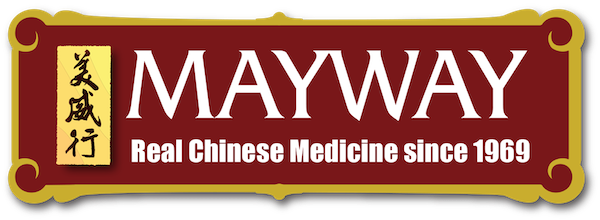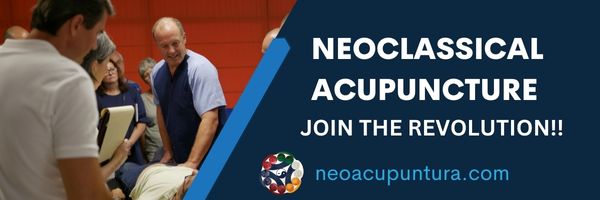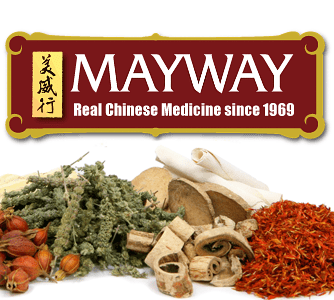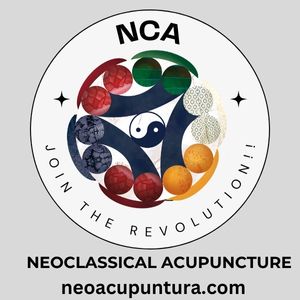The scientific method is useful. It helps us to better understand the world by screening out our biases, beliefs and wishful thinking. The process of crafting a good hypothesis begins not with a great question, but first the more yin process of observation. Seeing what is present, and from there we can begin to distill out questions worth asking.
Much of traditional research is not that helpful in understanding Chinese medicine, as our medicine does not lend itself to the binary world of double blind studies. Our medicine requires research methodologies that can handle emergent dynamic systems. And lucky for us, those models exist and one of the researchers who is keen on these models also happens to be a Chinese medicine practitioner.
In this special podcast episode researchers Lisa Taylor-Swanson and Lisa Conboy share with us the design of a study that is currently being carried at the Seattle Institute of East Asian Medicine on the treatment of symptoms that may be related to Covid19 disease using Chinese Herbal Medicine. This study is geared toward collecting data that will help to guide further research. It’s a study that considers Chinese medicine on its own terms. And this study’s design principles are not unlike the principles of our medicine.
Listen in for a look at how this study is being structured, and then check back in a few weeks as we’ll have a conversation with the practitioners at SIEAM who are treating patients and collecting the data.
In This Conversation We Discuss:
- Gaps in evidence base of knowledge
- Researching Chinese medicine on Chinese medicine’s terms
- Using pragmatic design
- Need for clear observation before deciding what questions to ask
- Truth vs Emergence
- Information is alive
- Empathy and observation
- Is there a perfect state of health?
- How the SIEAM study is constructed and what we are looking for
- Emergence and living systems are inherently unpredictable
- The exqusite beauty of a big dataset
- Who we ask, how we ask and cultural assumptions
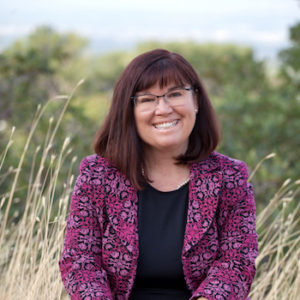 Lisa Taylor-Swanson, Ph.D, L.Ac
Lisa Taylor-Swanson, Ph.D, L.Ac
I am a happy geek who has fallen in love with both clinical practice and with research. Let me tell you a bit about each part of my career, and how they connect with one another. I started out as an undergrad investigating mother-infant communication. At about age 21, I discovered dynamic systems theory. That theory pretty much sums up how I see, think, and feel. It’s the idea that the whole is not merely the sum of its parts and that to best understand any phenomenon, we must study the whole. It was a natural fit, then, for me to study traditional East Asian medicine (TEAM) given the holistic framework we use to diagnose and treat people. It was with this whole systems, whole person framework that I moved from Utah to Washington to study at Seattle Institute of East Asian Medicine.
Research is fun. It is creative, generative, and dynamic. I am interested in discovering how we can more fully experience our body – embodiment, or embodied self-awareness – and live less in our heads.
We are inherently social beings and that social context, re-created in healthy and nurturing clinical contexts, supports embodiment and being present in one’s lived experience. My research is investigating these topics, and a few others. I’ve been so incredibly fortunate to complete at PhD at the University of Washington and most recently join the faculty at the University of Utah (my undergraduate alma mater!). I’m one of a couple of handfuls of acupuncturist-researchers and I’m happy to live my dreams.
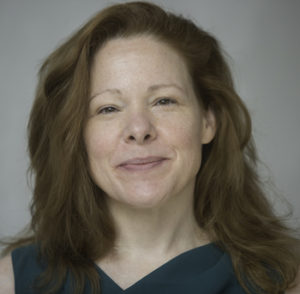 Lisa Conboy, Sc.D
Lisa Conboy, Sc.D
Lisa is a social epidemiologist and a sociologist with an interest in the associations between social factors and health.
She is published in the areas of Women’s Health, Complementary and Alternative Medicine, and qualitative research methodology. An Instructor at Beth Israel Deaconess Medical Center, Harvard Medical School, she is also the research director and faculty at the New England School of Acupuncture where she teaches research methodology and oversees multiple projects.
She is also a founding member of the Kripalu research collaborative which examines the mental, physical, and spiritual benefits of yoga, meditation,


